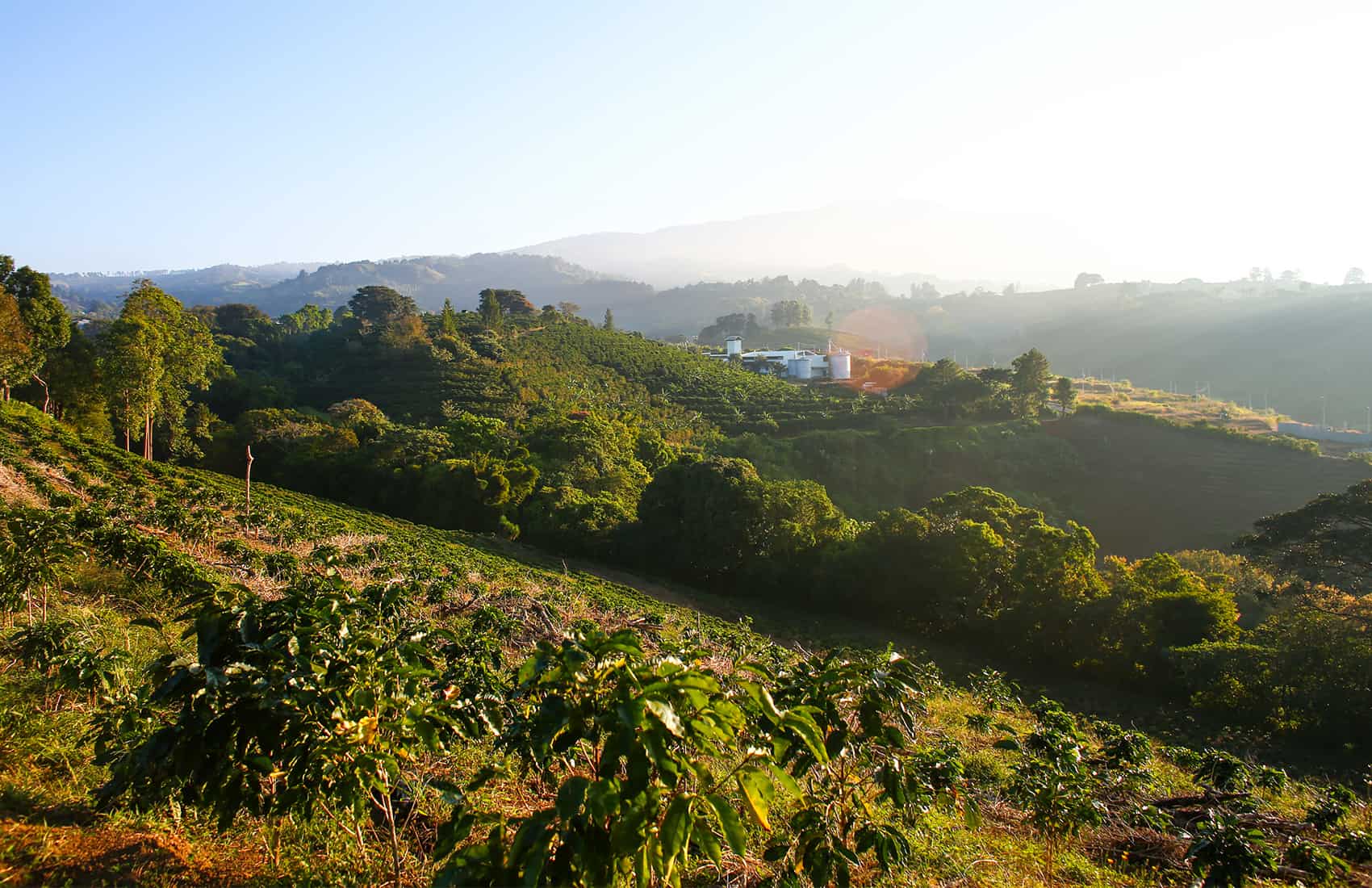
Starbucks recently announced the acquisition of another coffee farm in Costa Rica, as well as in Guatemala. The U.S. multinational also confirmed future farm investments in Africa and Asia. “The learning on these farms aims to find solutions to increase productivity on farms, support increased profitability for farmers, and build climate resilience,” said the company.
This marks an expansion of its collaborative coffee innovation network, further connecting farmers from around the world with resources to protect the future of coffee. The company buys three percent of the world’s coffee, sourcing and roasting only Arabica coffee beans, a variety known for its rich and complex flavors. Climate change is impacting the availability of high-quality coffee around the world, and farming communities are feeling the impact on productivity, crop quality, and their livelihoods.
“Our promise to those farmers and their communities is that we will always work to ensure a sustainable future of coffee for all. Our solution is to develop on-farm interventions, share seeds, research, and practices across the industry to help farmers mitigate the impacts of climate change,” said Michelle Burns, Starbucks EVP of Global Coffee and Sustainability.
Rising temperatures that cause drought, coffee leaf rust disease, and other related climate challenges are impacting the availability, quality, and taste of coffee as it’s known today.
At Hacienda Alsacia,Starbucks is working to mitigate the impacts of climate change. The company has created best practices to make growing coffee more profitable, developed the next generation of disease-resistant, quality coffee, and shared it all with farmers around the world.
The new farms in Costa Rica and Guatemala will both study hybrid coffee varieties under different elevations and soil conditions, which is a critical step in the research of new genetic material. The farm in Costa Rica, located next to Hacienda Alsacia, will also be designed to explore the use of mechanization, drones, and other technologies to help support labor availability challenges that farmers in Latin America are facing.
“Through these innovation farms, we will develop solutions that will not only improve coffee productivity and quality but also empower farmers with the tools and knowledge needed to thrive in a changing world and challenging climate,” said Roberto Vega, Starbucks vice president of Global Coffee Agronomy, R&D, and Sustainability.
The post Starbucks Expands Coffee Farms in Costa Rica and Guatemala appeared first on The Tico Times | Costa Rica News | Travel | Real Estate.
